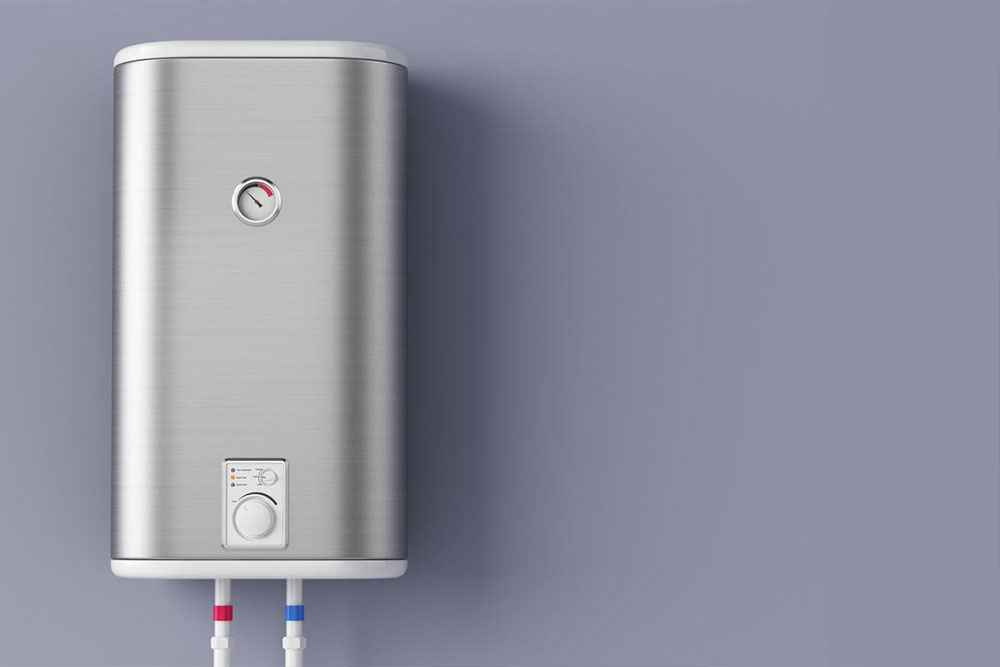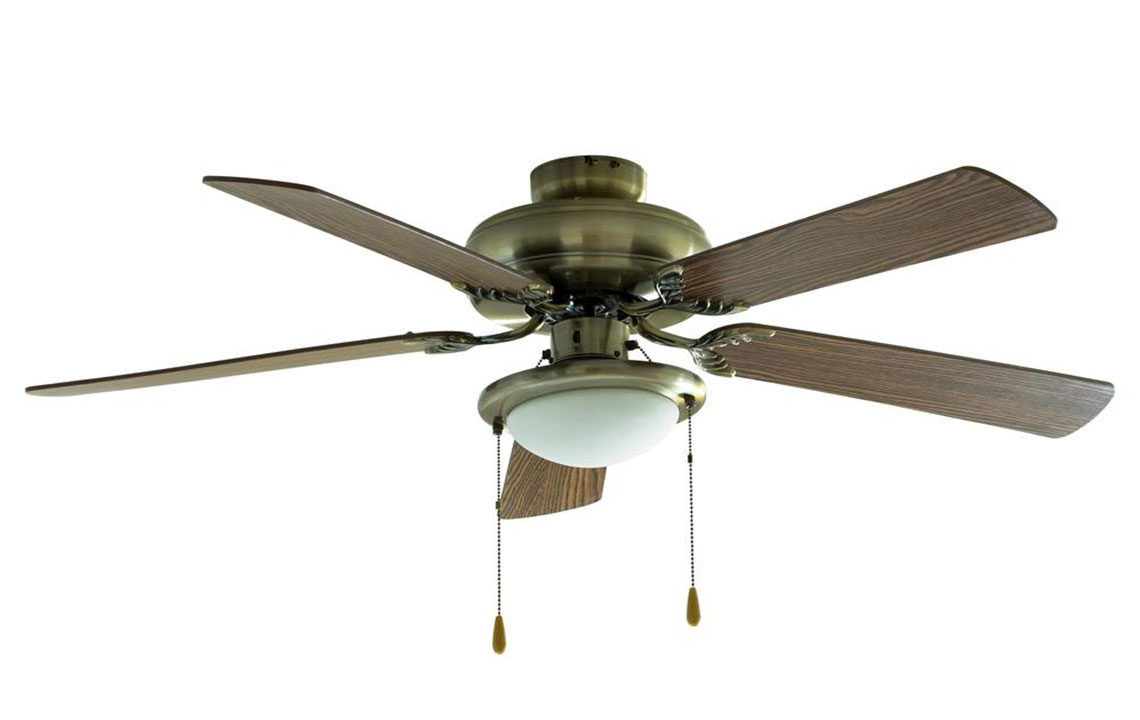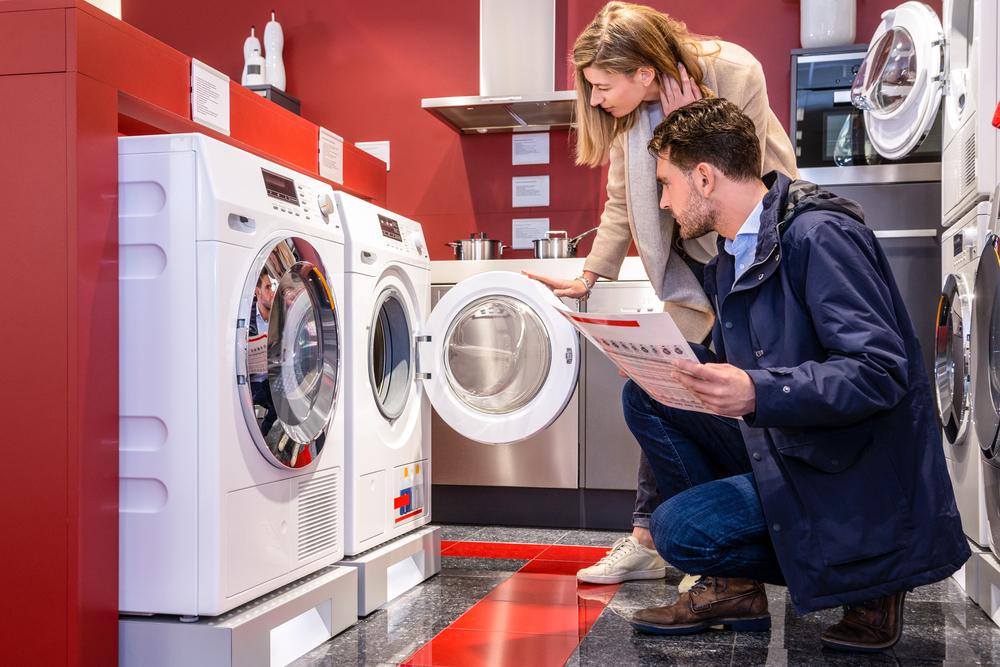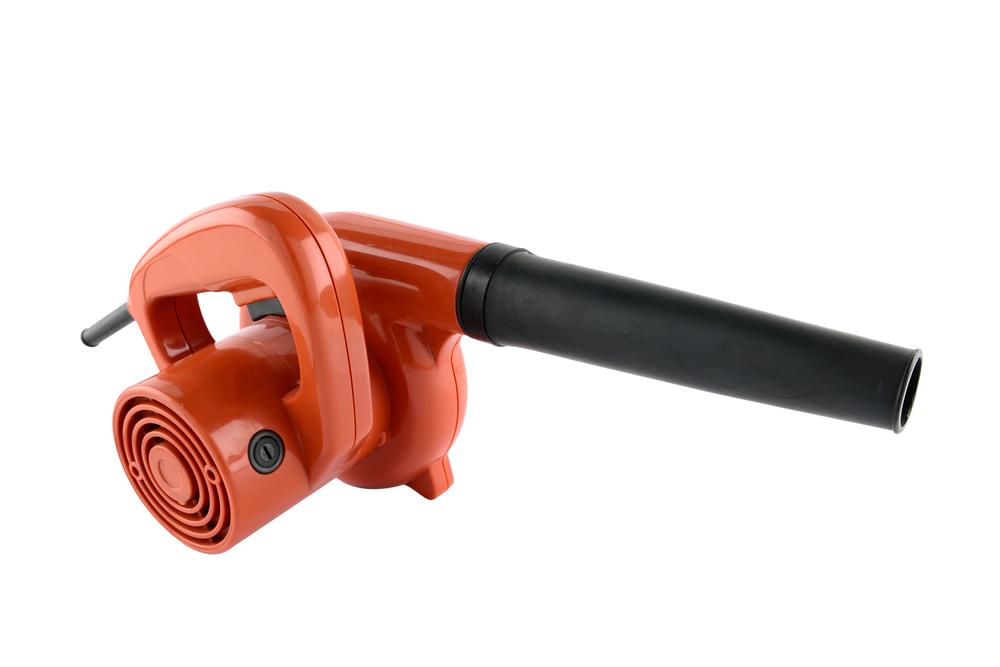Guide to Water Heaters: Types and How They Work
This comprehensive guide explores different types of water heaters, including traditional, tankless, hybrid, solar, and condensing models. It highlights their features, efficiencies, and suitability for various needs, helping consumers choose the best heating solution. Whether for residential or commercial use, understanding these options ensures optimal performance, energy savings, and long-term reliability in hot water supply.
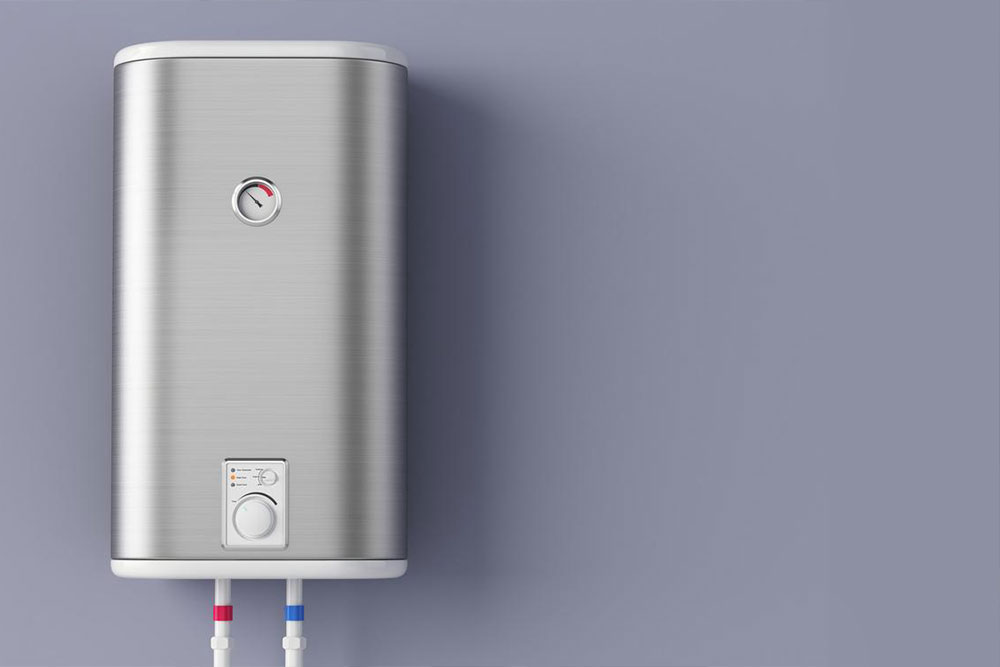
Guide to Water Heaters: Types and How They Work
Choosing the right water heater can be challenging due to the wide range of options available, each designed to meet specific needs. Different models, such as traditional, tankless, hybrid, solar, and condensing heaters, offer varying features and efficiencies. This article provides an overview of the most common types and their functionalities to help you make an informed decision for your home or business.
Types of water heaters
Traditional storage tank water heaters feature an insulated tank for storing heated water, equipped with safety valves to release excess pressure or temperature. These units can be powered by natural gas or electricity, with gas models often being more economical, while electric models tend to be less costly upfront.
Tankless, or on-demand, water heaters are compact and deliver hot water instantly without storing it. They are typically wall-mounted and highly efficient, with efficiencies reaching up to 80%. Though more expensive initially, they save space and energy.
Hybrid or heat pump water heaters utilize ambient heat from the environment to warm water, maintaining a temperature between 40 to 90 degrees. They are energy-efficient, using approximately 60% less power than traditional electric models, but are less suitable for cold climates.
Solar water heaters harness sunlight to heat water, often installed on rooftops in sun-rich areas. They include backup systems using electricity or gas for cloudy days, making them more expensive and better suited for commercial or industrial applications.
Condensing water heaters use exhaust gases to preheat water, similar in appearance to traditional units but with higher capacity, often exceeding 55 gallons. They are ideal for large hot water needs and are energy-efficient, utilizing flue gases to optimize heat recovery.
Ultimately, select a water heater based on your specific needs for efficiency, capacity, and budget. A reliable unit ensures a consistent hot water supply for years to come.

